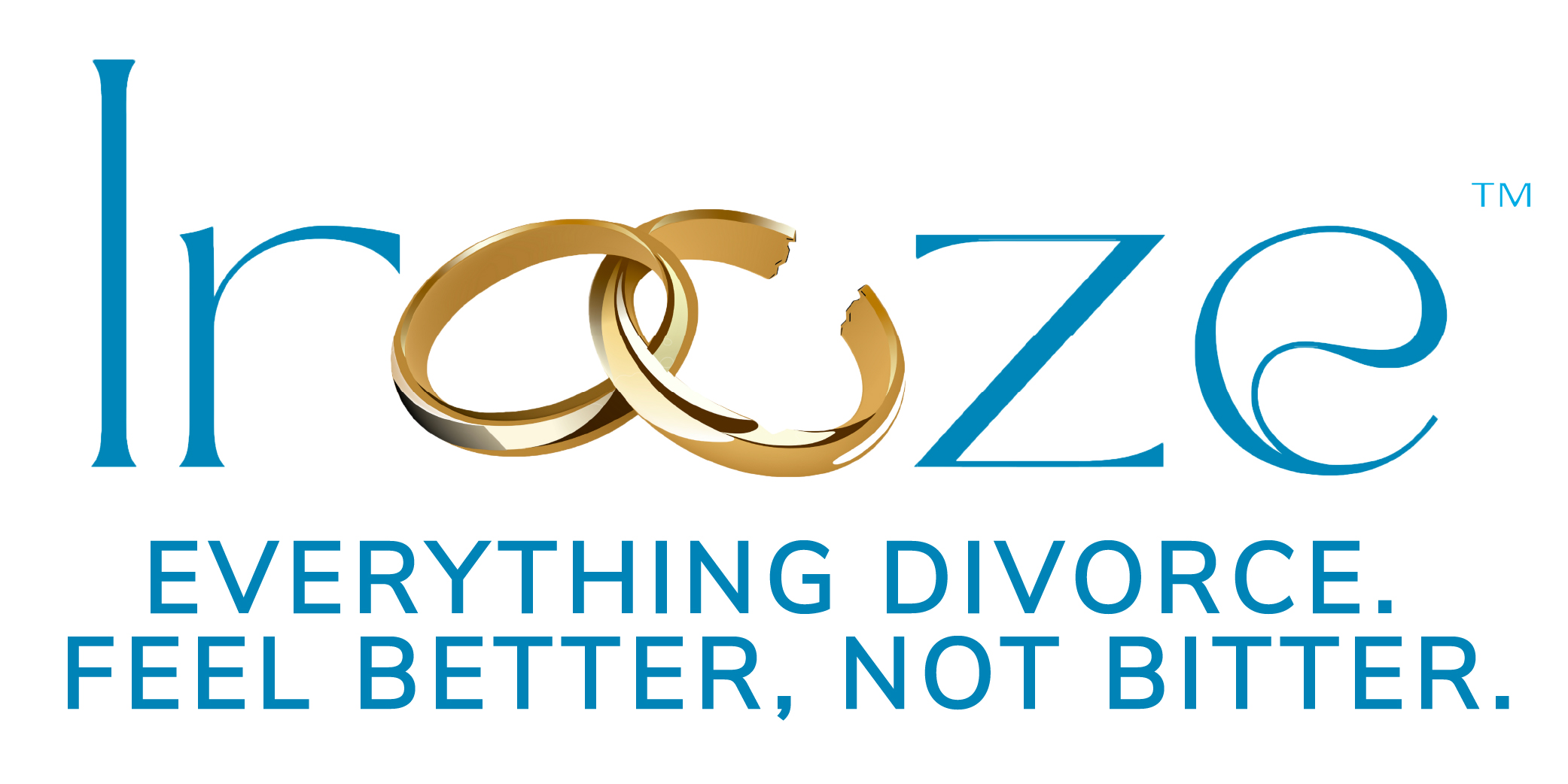Chaotic divorces and lengthy court battles seem to be the norm, but have you ever heard of a mutual consent divorce? Probably not! It’s true, it is possible to have a divorce by mutual agreement that remains amicable without the need for sky-high legal bills and endless days in a court.
What Is a Mutual Consent Divorce Agreement and How Does It Work?
A mutual divorce agreement, or mutual consent divorce, is a divorce where both spouses have agreed that the marriage is beyond repair, and they both desire to exit the relationship.
It doesn’t always necessarily mean that both parties want the divorce, it may be that one declares they want to separate and the other simply does not argue or create any obstacles.
The term “uncontested” also applies to a mutual consent divorce: it means that neither spouse is acting to fight the process or any of the steps needed in terms of division of assets or custody. A “contested” divorce is one that does end up in court with hearings and trials, as a result of one or both of the parties fighting about those details.
How to Request a Mutual Divorce Without Going to Court

If you are at the point where you know divorce is the next step, you can have a hopefully calm and civil conversation with your spouse letting them know that this is what you want. Or maybe it is your spouse who has informed you that they want a divorce.
You can initiate a conversation and let them know that you don’t desire to have a tumultuous and high-cost divorce. Rather you would rather discuss the details of the division of assets, and possibly work out custody if there are kids involved, together without fighting over details. This kind of collaborative, respectful approach is the foundation of an amicable divorce, where both parties prioritize fairness and emotional well-being over conflict.
Of course, this has the most potential for being successful when both spouses can stay calm and rational and are not being driven by ego or resentment or vindictiveness.
Sometimes, both parties may want to keep things out of the courts but may not see exactly eye-to-eye on all details. In many amicable divorces, mediation serves as a valuable tool to preserve cooperation and avoid costly legal battles while reaching a mutual agreement. This may be the time to turn to a mediator who can act as a third party to moderate the negotiations and help you arrive at a mutual divorce agreement that both of you can be satisfied with.
Even with calm and mutual agreement, it may still be a difficult conversation that may need to be carried out over several meetings together.
What is the Divorce by Mutual Agreement Process and How Long Does it Take?

The mutual agreement divorce process varies from state to state, or province to province. It pays to inform yourself first as to the appropriate procedures according to where you live.
The initial steps in a mutual consent divorce are:
- The couple agrees that they both desire to apply for divorce.
- The two parties sit down to create a mutual agreement regarding division of assets, properties, and other financial matters. As well, at this time, discussion around the structure of custody and child support should be mapped out. Out of these discussions, a separation agreement can be drafted.
- Once an agreement is finalized, the couple can then file a petition to the courts to be granted divorce. There are varying regulations in different states regarding these procedures. Some states allow the couple to file jointly for divorce, others require that they file separately, or one file the petition and serve the papers to the other.
Some couples will want to engage a legal professional to help guide and advise them on the different elements of the divorce by mutual consent. Others may use a mediator to come to an agreement, as was mentioned above. Each of those professionals can also help to navigate the final filing of the documents with the courts.
The length of time that it takes depends both on the state or province and their regulations (some regions only allow a divorce petition to be filed after one full year of living separately), as well as the length of time it takes to work out a mutually satisfying consent agreement.
Top Benefits of a Mutual Consent Divorce vs. Contested Divorce
It’s odd to say that a divorce can go “well”, but it is possible if a couple is able to successfully conduct themselves and draft a mutually acceptable separation agreement. Choosing an amicable divorce means consciously avoiding adversarial tactics and instead focusing on practical, respectful solutions. You can save a lot of money in legal fees and end up costing as little as a few hundred dollars (or maybe a few thousand if you do use legal or mediation services).
Divorce under the best of circumstances is difficult enough, fighting every step of the way only makes everything worse and increases suffering. You can save yourself a lot of time and quite a lot of stress and anguish by avoiding vitriolic court battles. An amicable divorce can reduce emotional stress, legal expenses, and time spent in court, offering a healthier outcome for both partners and any children involved.
Tips for a Peaceful Divorce by Mutual Consent

Stay Civil During Divorce Negotiations
Even if you didn’t fully want the divorce, and even if you aren’t happy with the situation, it’s important to remain civil during this process. Keep communication focused on the separation agreement and refrain from dredging up the past in any discussions. Now that the two of you have decided to move on from the marriage, any arguing or vicious behavior or language is only going to devolve the process and impact it negatively.
Remember the golden rule, “Treat others as you would want to be treated.”
Practice Respectful Communication With Your Spouse
This goes hand in hand with the previous point. Behave with respect toward your soon-to-be-ex spouse. Of course, it won’t always be easy to keep your emotions in check. It will be hard at times, but respect and civility will encourage cooperation and likely incline your spouse to be more yielding or accommodating to the requests you have for the mutual separation agreement.
Organize Financial Documents for a Smooth Divorce
When negotiating the divorce agreement and separation of financial assets, which also includes discussing how any mutual debts or loans will be handled, it’s a good idea to get all of your official documents together in one file so that you can look at them together. This includes documentation on things such as insurance policies, car loans, mortgages, children’s funds, investments and retirement funds.
It would be advisable to consult a divorce specialist or a legal advisor when it comes to the distribution of assets to be advised on any particularities that you should be aware of so that you don’t agree to something that may put you at a disadvantage further down the road.
If there are children involved, it’s advisable to discuss the breakdown of their school fees and their schedules for school and extracurricular activities to decide who will be responsible for what so that there is less chance of arguing later on.
How to Talk to Children About Your Divorce
If there are children involved, it’s important to speak with them either together with your spouse or on a one-to-one basis. Children need to know that their parents divorcing is not their fault and that both parents will always be there for them and will always love them. While divorce does have an impact on children, the severity of the impact and destabilization can be minimized and mitigated if the children are reassured and made to feel safe and supported by both their parents. If the divorce is a mutual agreement and conducted calmly and even amicably, that can give the children the best potential outcome and minimize the emotional trauma that unfortunately some children experience when there are volatile and acrimonious custody battles between the parents.
There are lots of resources out there about how to talk to your kids about your divorce from their other parent, but ultimately the most important thing the children need to hear and feel is that they are loved and supported and that everything will be okay with some time.
Focus on What Matters Most in Divorce Negotiations: Pick Your Battles
In any negotiation, there are things we have to compromise on and other things we have to stand our ground on. The best way to come to a successful agreement and avoid a long court battle is to pick your battles.
Ask yourself what are the issues that are most important to you? What are the issues that you are willing to give some ground on and how far are you willing to compromise on those issues? And what issues are you willing to concede on? Having a good idea of the answers to those questions before you begin working on the separation agreement will help you to maintain your cool during the discussions, express yourself clearly about where you stand on the various topics, and conserve your energy for the issues that are most important to you without being bogged down in bickering over things that aren’t so important.
Try to keep your ego out of it, the divorce is not about “winning”, it’s about bringing to a close a relationship that you once valued and a partner you once loved. There’s no room for vindictive behavior or competition here if you want a smooth mutual consent divorce.
Why Emotional Support is Key During Divorce
Even during an amicable divorce, emotions can run high. Having professional and personal support systems in place can help you stay centered and cooperative throughout the process. While a mutual divorce agreement may be the “easier” way to divorce by saving you lots of money and time in court, it doesn’t mean that it is necessarily emotionally easy. You are still getting a divorce, and there are a lot of lingering emotions that will come up throughout this process.
The best thing you can do for yourself is make sure you have a solid support system around you for those tough days. If you have an outlet to share those tough feelings with, like friends, family and even a coach or therapist, you will be less likely to be led by those emotions during the negotiations and discussions.
Emotional support plays a vital role in managing the stresses of divorce. You can use the Divorce Preparation 101 checklist to ensure you’re taking care of your mental health during this challenging time.
Most importantly, it’s a good idea to speak to a divorce specialist, either together or on your own to be as informed as possible with regards to financial and custodial decisions that could impact you later down the line.
Irooze has established a network of a wide range of trained divorce professionals that you can find all in one place! Browse through the Divorce Directory to find legal and financial advisors, real estate agents and therapists and coaches all trained to help you navigate the divorce process. Once you take the quiz, you will receive a free strategy call with a Divorce Coach to discuss your challenges and map out an action plan.





